Sustainability
In our day-to-day business, we go the extra mile to solve social problems on a basis of partnership and social entrepreneurship.
IT remarketing works. The reuse of used hardware saves resources and reduces the emission of pollutants. We record exactly what positive effect on the environment and climate the secondary use of used hardware achieves compared to new production on the basis of studies preformed by TU Berlin, climate protection organisation myclimate and Star Cooperation.
In 2023, we reached a record number with nearly 666,000 IT and mobile devices processed, while ReUse rate of these devices reached up to 70%, thus giving two out of three processed devices a second life. We measure the positive environmental impact achieved with Key Performance Indicators (KPIs) dealing with raw material, greenhouse gases, water consumption and pollution reduction. By extending the product life, AfB enabled a saving of 31,000 tonnes of raw materials, 252,300 MWh of primary energy compared to new production. In addition 480 million litres of water and 66,000 tonnes of greenhouse gases were saved.
AfB group has more than 660 employees, 48% of whom are people with disabilities. All of this proves that we are really serious about "social & green IT".

AfB called for public tenders for the study with the aim of mapping the impact of IT refurbishing and IT remarketing on people and resource savings using current environmental data through a life cycle analysis (LCA study). AfB determines the environmental effects of IT remarketing on the basis of a study conducted by the non-profit climate protection organisation myclimate in 2021.
Myclimate based the study on the ISO standards 14040 and 14044 for life cycle assessments and checked it through an internal review. The impact assessment, i.e. the assessment of the magnitude and significance of the environmental impact of IT equipment, was carried out using the life cycle assessment software SimaPro V 9.1, ecoinvent version 3.6 was used as the background database. Our impact measurement is groundbreaking in the field of IT refurbishment.
Your used IT equipment helps to create and maintain jobs for people with disabilities at AfB.
By remarketing of used IT devices, fewer raw materials need to be mined for the manufacturing process of new devices. The globally available metal and mineral reserves (e.g. palladium, iron) vary greatly, which is why the consumption of a metal is defined in relation to its availability.
For comparability, all metals and minerals are reported in iron equivalents (kg iron-equiv.). This is based on a life cycle assessment study conducted by TU Berlin in 2013.
Humans are exposed to a variety of environmental pollutants on a daily basis. Human toxicity measures the effects on (or damage to) human health. This damage can be caused by substances (e.g. nitrogen oxides), that enter the air, soil, and water. Human Toxicity is reported in 1.4-dichlorobenzene equivalents (t 1.4-DB-equiv.).
For example, for a smartphone, extending its useful life from 3 to 4.5 years, results in a 45% reduction of human toxicity (for this device), because no new device had to be manufactured for that period of time.
Primary energy consumption reflects the demand for primary energy resources (crude oil, hard coal, hydropower etc.) of a product over its entire life cycle from its manufacturing to its disposal. Primary energies are required to provide the final energy (fuels, electricity etc.). The indicator is quantified here in the unit kWh. A saving of 1,000 kWh corresponds to one third of the annual electricity demand of a 2-person household in a single-family house.
Water is needed in many manufacturing steps of a product. In many regions, the availability of water is threatened by its overuse, among other things. Water resource depletion is quantified here in liters and indicates the amount, that has been withdrawn from a water source area. The AWARE method used is based on quantifying the amount of water left available in an area after the demands of humans and aquatic ecosystems have been met. A saving of 1,000 liters corresponds to 5 filled bathtubs (where one has a 200 l filling capacity).
Greenhouse gas emissions caused by human activities contribute to the warming of the earth's atmosphere and thus to climate change. The Global Warming Potential (GWP) is used as an indicator. For comparability, all greenhouse gas emissions are converted to CO2 equivalents.
A saving of 1,000 kg CO2 equivalents corresponds to a journey of 4,900 km with a medium-class gasoline engine. To absorb 1,000 kg of CO2 equivalents, a beech tree must grow for approximately 80 years.
Share of devices that were successfully refurbished and sold.
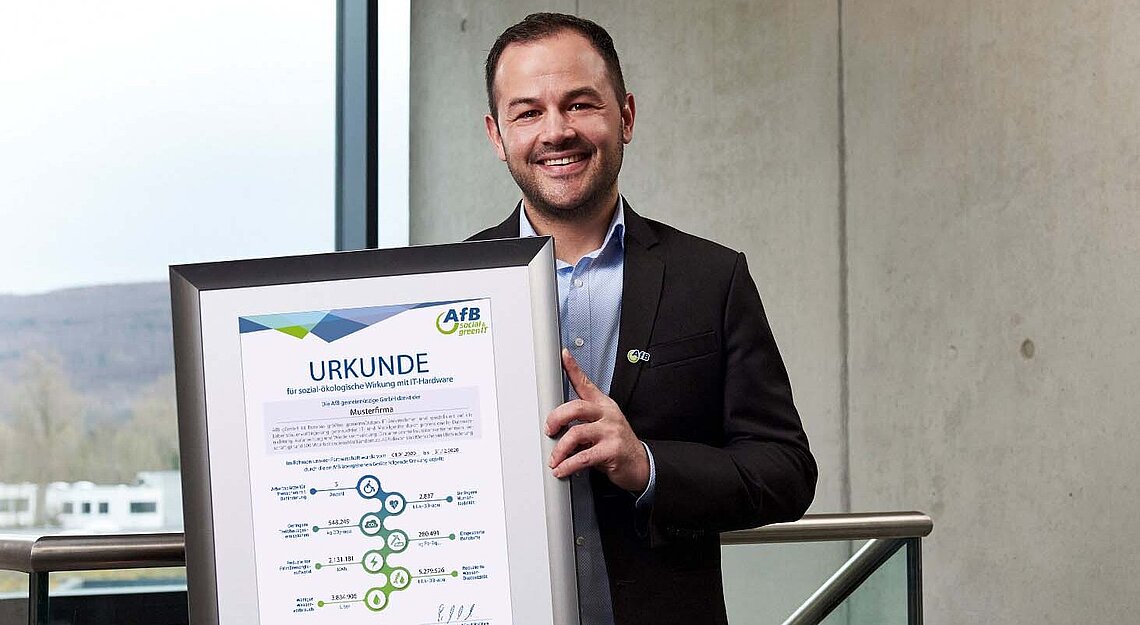
Based on the number of equipment handed over to our company and the extent of its remarketing, we will issue a certificate to our IT partners on their ecological and social benefits for society.
In our day-to-day business, we go the extra mile to solve social problems on a basis of partnership and social entrepreneurship.
Promote social entrepreneurship
We want to support successful, non-profit companies in finding solutions to the challenges of our society.
Ambassador of inclusion
We want our employees to be content and successful despite their disabilities.
Reduce electronic waste
We want to continue to develop our business model and cut back even more on electronic waste.
Continued development for our partners
We want to develop cutting-edge approaches that are scalable and based on partnership.
Transparent reporting
We want to report on economic, social and ecological achievements with full transparency.
Act climate-positively
Through our creation of value, we aim to verifiably reduce damage to the environment.
As an IT partner of AfB, you contribute to the fulfillment of seven UN Sustainable Development Goals. The 17 Sustainable Development Goals (SDGs) were developed by the United Nations to jointly address societal challenges until 2030.
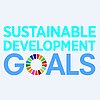
Through an IT partnership with AfB, you make a valuable contribution to the fulfillment of seven SDGs.
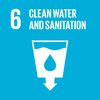
By reusing IT devices, water usage and the impact on water ecosystems due to the emission of toxic substances is reduced.
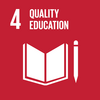
Ensuring equal opportunities is linked to an access to good learning tools and materials for the students. AfB supports educational projects worldwide, by providing IT devices.
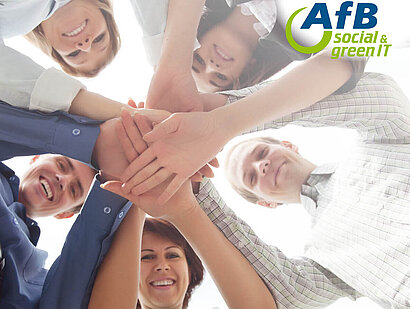
We will gladly support you in the compilation of sustainability reports. Whether you report according to CDP, DNK, GRI or the Global Compact, we have already developed text templates and instructions for each standard so that you can easily include the partnership with us and thus your contribution to environmental and social sustainability in your sustainability report.

Let us know, how we can help!
AfB Slovakia s. r. o.
registrovaný sociálny podnik
Strojárenská 1C 917 02
Trnava Slovakia
Tel.: +421 33 553 2222